Workers are entitled to a safe work environment, and personal protection equipment is a key part of workplace safety. Personal protective equipment, or PPE, is worn to minimize exposure to hazards that could cause injury or illness.
Industries that, by default, put their workers at increased risk of injury are often subject to specific standards set by the Occupational Safety and Health Administration (OSHA). These standards may require your employer to provide and pay for necessary PPE.
Read on to learn more about your employer’s PPE responsibilities and your options if your employer does not provide adequate equipment.
What PPE is my employer required to provide?
Some industries are more exposed to workplace hazards. Businesses in these industries are required to follow strict guidelines from OSHA to prevent worker injury. One of the requirements may be to provide PPE to employees. In these cases, employers must provide PPE that is safely designed and constructed, clean, and well-fitted. Additionally, the employer must train all staff on how to properly use PPE.
If you are exposed to workplace hazards, your employer may be responsible for providing and paying for the following equipment.
- Hard hats
- Masks
- Helmets
- Face shields
- Goggles
- Eye protection
- Rubber boots with steel toes
Your employer cannot require you to provide the above equipment but does not need to pay for ordinary clothing, such as long-sleeved shirts or long pants, winter jackets, or other winter clothing.
Learn more about OSHA PPE standards here.
Is my employer required to provide PPE that will protect me against COVID-19?
The COVID-19 pandemic has put the spotlight on PPE. As most businesses closed their doors under quarantine or transition to work from home, a few essential industries must continue operations which put their workforce at risk of infection.
OSHA has identified these industries as being at an increased risk of exposure to the virus.
- Healthcare
- Deathcare
- Laboratories
- Airline operations
But these are not the only industries at risk. Grocery store employees, bus drivers, and those who deliver items are also among the essential workforce being impacted by coronavirus.
Proper PPE can decrease the risk to these workers, but we are facing shortages of essential equipment nationally.
Healthcare workers have reported on the shortages and rationing of masks, gloves, and other protective equipment needed to prevent themselves from being infected by the virus, and workers in other industries, such as sanitation and grocery delivery, are striking over the lack of access to this equipment. This concern over protective equipment leads workers to question what PPE their employers are required to provide against COVID-19.
While there is no specific OSHA standard covering COVID-19, some OSHA standards may apply to prevent occupational exposure to coronavirus, including:
- OSHA's Personal Protective Equipment (PPE) standards (in general industry, 29 CFR 1910 Subpart I), which require using gloves, eye and face protection, and respiratory protection.
- When respirators are necessary to protect workers, employers must implement a comprehensive respiratory protection program in accordance with the Respiratory Protection standard (29 CFR 1910.134).
- The General Duty Clause, Section 5(a)(1) of the Occupational Safety and Health (OSH) Act of 1970, 29 USC 654(a)(1), which requires employers to furnish to each worker “employment and a place of employment, which are free from recognized hazards that are causing or are likely to cause death or serious physical harm.”
- OSHA’s Bloodborne Pathogens standard (29 CFR 1910.1030) applies to occupational exposure to human blood and other potentially infectious materials. Typically, this does not include respiratory secretions. However, the provisions of the standard offer a framework that may help control some sources of the virus, including exposures to body fluids not covered by the standard.
Learn more about your employer’s responsibilities to you during the COVID-19 pandemic here.
What should you do if your employer does not provide adequate PPE?
What happens if your boss refuses to provide you with adequate PPE, in direct contravention of what the law requires? Fortunately, injured workers might be able to take action.
Generally, if an employer has workers’ compensation insurance, then this insurance provides the only benefits that an injured worker can obtain. Workers’ compensation will cover necessary medical care and a portion of lost wages.
However, Texas does not require that businesses have workers’ compensation insurance, and many businesses don’t. Any employer without insurance opens themselves up to liability for any injuries that they negligently cause their employees. Failing to properly protect employees from known hazards will probably qualify, so you should meet with an experienced workplace injury attorney to review your case.
If an employer does have workers’ compensation insurance, then Texas statute 408.001 allows surviving spouses and children to bring a lawsuit for exemplary damages (punitive damages) if a loved one has died because of an employer’s gross negligence. Refusing to provide protective safety equipment in violation of the law may give you grounds under the statute to sue.
Before meeting with an attorney, you should collect as much evidence in your favor as possible. For example, keep copies of your medical records that will show the severity of your injuries. Also, try to document whether you asked your employer to provide you with safety equipment and they failed to. This can be powerful evidence that your employer has violated your rights knowingly. For example, you might have bought your own goggles and asked an employer to reimburse you for them. If they refused, then you can introduce this as evidence.
Injured at work? Contact an Austin Workplace Injury Attorney today
Our legal team at DJC Law has years of experience helping injured workers get the compensation they need. If you have suffered an injury, and if you believe your employer’s refusal to provide protective equipment is to blame, reach out to us today for a free consultation.


